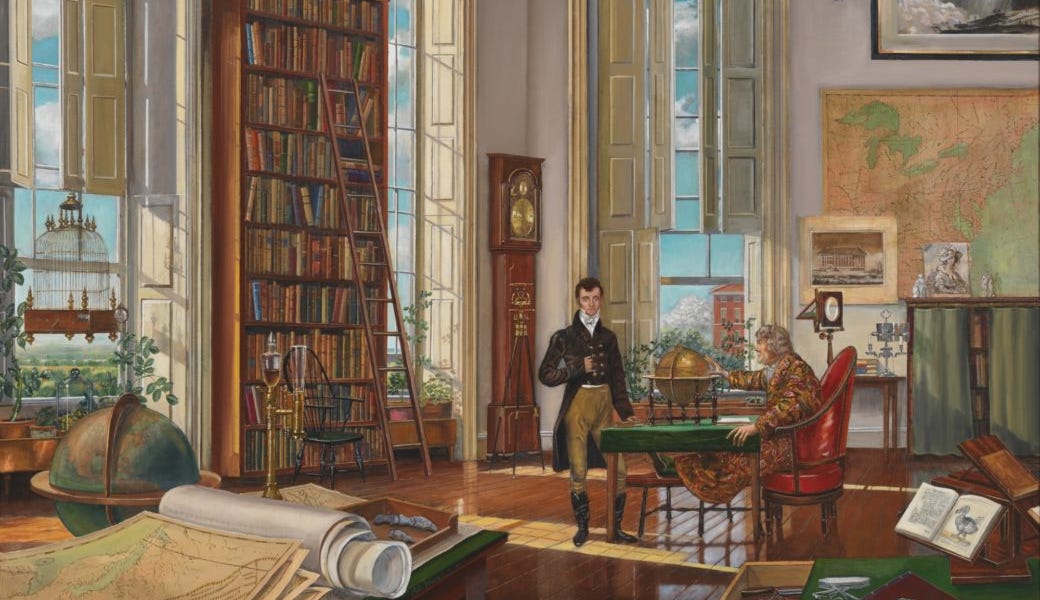
Jefferson and America's Lost Idea: Natural Aristocracy


... See moreA brilliant libertarian-republican theoretician before achieving power and after leaving it, Jefferson is a classic case of corruption of principle from being in power. The first Jefferson Administration, however, was certainly one of the finest libertarian moments in the history of the United States. Expenses were lowered, the army and navy were
Researchers at the University of Chicago and Stanford measured America’s economic growth per person from 1960 to 2010 and concluded that up to two-fifths of America’s increased prosperity during that time can be explained by better identification and allocation of talent.